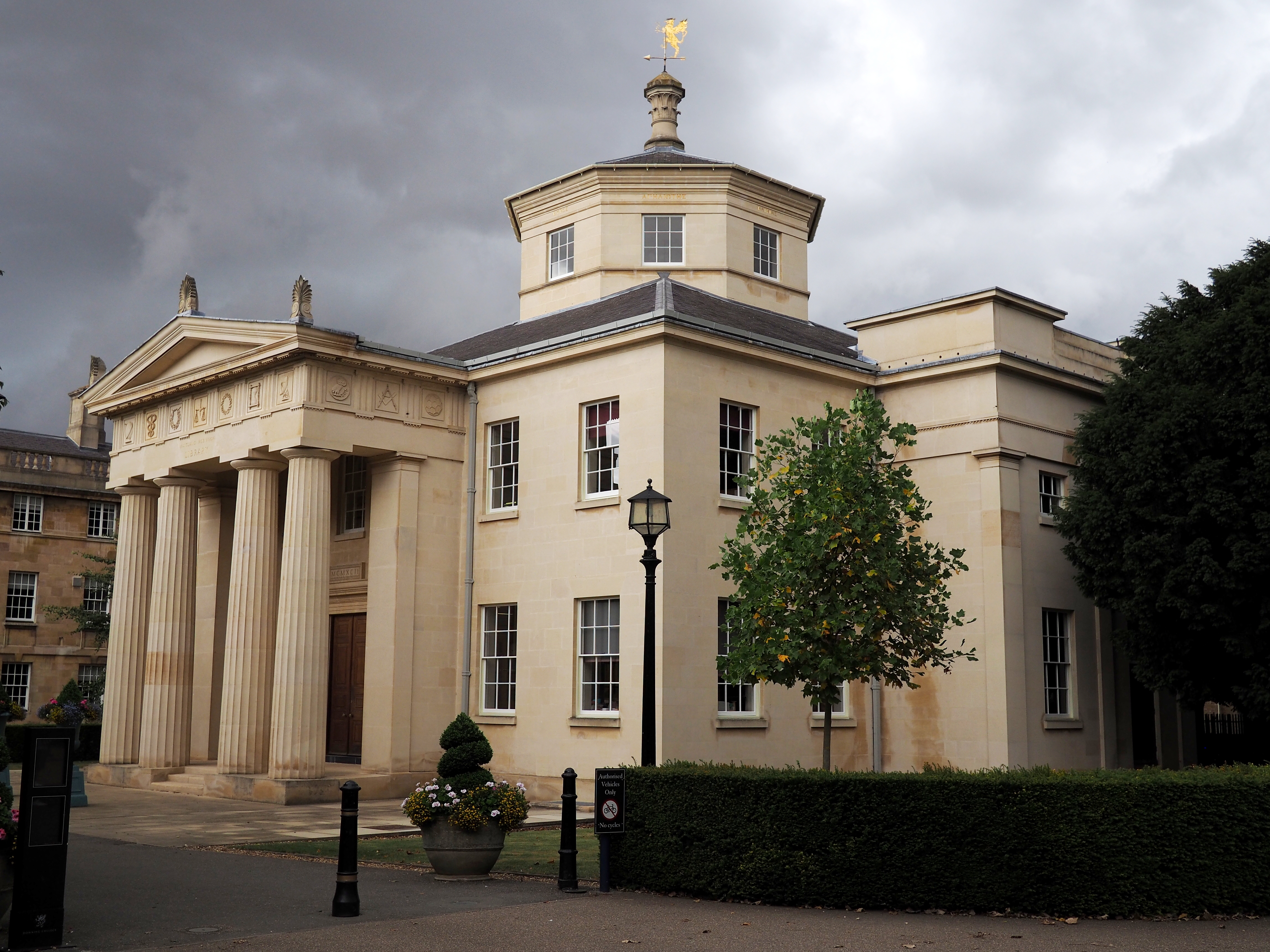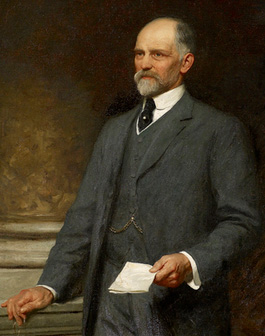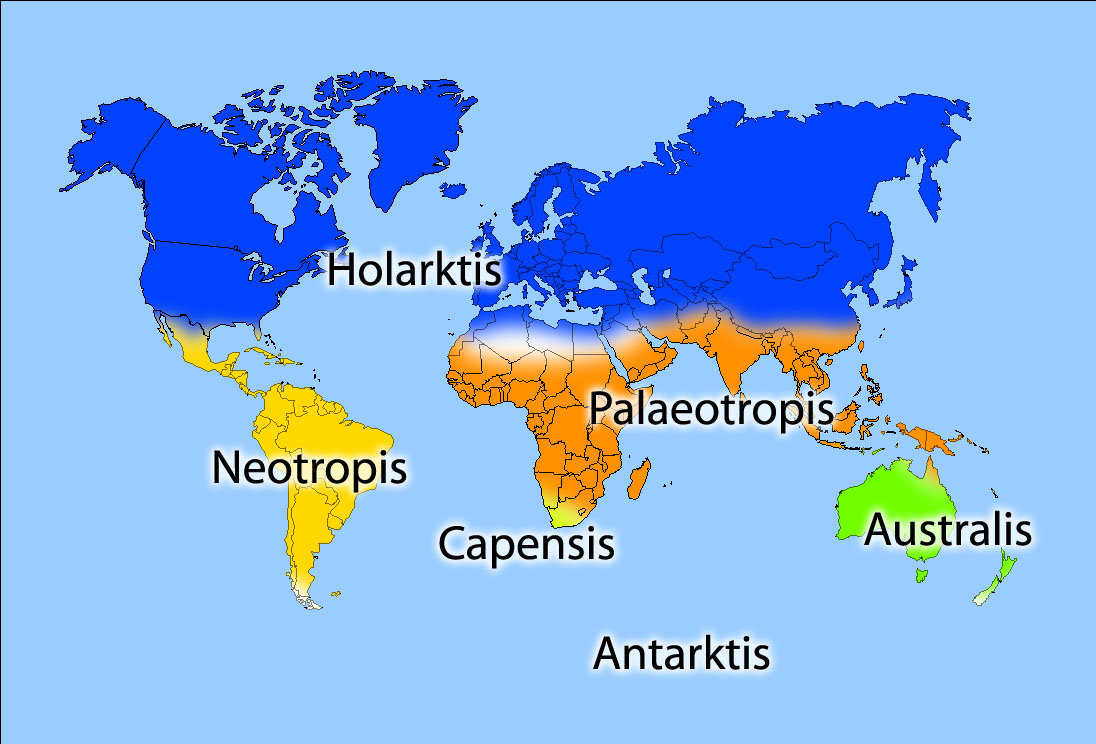|
Ronald Good
Ronald D'Oyley Good (5 March 1896 – 11 December 1992) was a British Botany, botanist notable for his Phytochorion, floristic regionalization. Good was born in Dorchester, Dorset, Dorchester. He studied botany at Downing College, Cambridge, where he obtained an MA and Sc.D. He worked at the Botany Department of the Natural history museum (1922-1928). He worked at the Botany Department at the University of Hull from 1928 until his retirement in 1959. He was the author of ''The Geography of the Flowering Plants'' (1947) a popular work in botany.Moreira-Munoz, Andres. (2011). ''Plant Geography of Chile''. Springer. p. 135. "The English botanist Ronald Good (1896–1992) published the first edition of ''The Geography of the Flowering Plants'' in 1947. The work became one of the most popular books in the field, reaching four editions and two reprints between 1947 and 1974." Publications *''Plants and Human Economics'' (1933) *''The Old Roads of Dorset'' (1940) *''A Geographica ... [...More Info...] [...Related Items...] OR: [Wikipedia] [Google] [Baidu] |
Dorchester, Dorset
Dorchester ( ) is the county town of Dorset, England. It is situated between Poole and Bridport on the A35 trunk route. A historic market town, Dorchester is on the banks of the River Frome to the south of the Dorset Downs and north of the South Dorset Ridgeway that separates the area from Weymouth, to the south. The civil parish includes the experimental community of Poundbury and the suburb of Fordington. The area around the town was first settled in prehistoric times. The Romans established a garrison there after defeating the Durotriges tribe, calling the settlement that grew up nearby Durnovaria; they built an aqueduct to supply water and an amphitheatre on an ancient British earthwork. After the departure of the Romans, the town diminished in significance, but during the medieval period became an important commercial and political centre. It was the site of the "Bloody Assizes" presided over by Judge Jeffreys after the Monmouth Rebellion, and later the trial of t ... [...More Info...] [...Related Items...] OR: [Wikipedia] [Google] [Baidu] |
Kingston Upon Hull
Kingston upon Hull, usually abbreviated to Hull, is a port city and unitary authority in the East Riding of Yorkshire, England. It lies upon the River Hull at its confluence with the Humber Estuary, inland from the North Sea and south-east of York, the historic county town. With a population of (), it is the fourth-largest city in the Yorkshire and the Humber region after Leeds, Sheffield and Bradford. The town of Wyke on Hull was founded late in the 12th century by the monks of Meaux Abbey as a port from which to export their wool. Renamed ''Kings-town upon Hull'' in 1299, Hull had been a market town, military supply port, trading centre, fishing and whaling centre and industrial metropolis. Hull was an early theatre of battle in the English Civil Wars. Its 18th-century Member of Parliament, William Wilberforce, took a prominent part in the abolition of the slave trade in Britain. More than 95% of the city was damaged or destroyed in the blitz and suffered a perio ... [...More Info...] [...Related Items...] OR: [Wikipedia] [Google] [Baidu] |
Botany
Botany, also called , plant biology or phytology, is the science of plant life and a branch of biology. A botanist, plant scientist or phytologist is a scientist who specialises in this field. The term "botany" comes from the Ancient Greek word (''botanē'') meaning " pasture", " herbs" "grass", or " fodder"; is in turn derived from (), "to feed" or "to graze". Traditionally, botany has also included the study of fungi and algae by mycologists and phycologists respectively, with the study of these three groups of organisms remaining within the sphere of interest of the International Botanical Congress. Nowadays, botanists (in the strict sense) study approximately 410,000 species of land plants of which some 391,000 species are vascular plants (including approximately 369,000 species of flowering plants), and approximately 20,000 are bryophytes. Botany originated in prehistory as herbalism with the efforts of early humans to identify – and later cultivate – ed ... [...More Info...] [...Related Items...] OR: [Wikipedia] [Google] [Baidu] |
Downing College, Cambridge
Downing College is a constituent college of the University of Cambridge and currently has around 650 students. Founded in 1800, it was the only college to be added to Cambridge University between 1596 and 1869, and is often described as the oldest of the new colleges and the newest of the old. Downing College was formed "for the encouragement of the study of Law and Medicine and of the cognate subjects of Moral and Natural Science", and has developed a reputation amongst Cambridge colleges for Law and Medicine. Downing has been named one of the two most eco-friendly Cambridge colleges. History Upon the death of Sir George Downing, 3rd Baronet in 1749, the wealth left by his grandfather, Sir George Downing, 1st Baronet, who served both Cromwell and Charles II and built 10 Downing Street (a door formerly from Number 10 is in use in the college), was applied by his will. Under this will, as he had no direct issue (he was legally separated from his wife), the family fortune was ... [...More Info...] [...Related Items...] OR: [Wikipedia] [Google] [Baidu] |
University Of Hull
The University of Hull is a public research university in Kingston upon Hull, a city in the East Riding of Yorkshire, England. It was founded in 1927 as University College Hull. The main university campus is located in Hull and is home to the Hull York Medical School, a joint initiative with the University of York. Students are served by Hull University Union. The first chancellor of the university was Michael Willoughby, 11th Baron Middleton, Lord Middleton (1954–1969), followed by Henry Cohen, 1st Baron Cohen of Birkenhead, Lord Cohen (1970–1977), Richard Wilberforce, Baron Wilberforce, Lord Wilberforce (1978–1994), and Robert Armstrong, Baron Armstrong of Ilminster, Lord Armstrong (1994–2006). Virginia Bottomley (Baroness Bottomley of Nettlestone) was installed as the current chancellor in April 2006. History University College The foundation stone of University College Hull, then an external college of the University of London, was laid in 1927 by Prince Albert, th ... [...More Info...] [...Related Items...] OR: [Wikipedia] [Google] [Baidu] |
Botanist
Botany, also called , plant biology or phytology, is the science of plant life and a branch of biology. A botanist, plant scientist or phytologist is a scientist who specialises in this field. The term "botany" comes from the Ancient Greek word (''botanē'') meaning "pasture", " herbs" "grass", or " fodder"; is in turn derived from (), "to feed" or "to graze". Traditionally, botany has also included the study of fungi and algae by mycologists and phycologists respectively, with the study of these three groups of organisms remaining within the sphere of interest of the International Botanical Congress. Nowadays, botanists (in the strict sense) study approximately 410,000 species of land plants of which some 391,000 species are vascular plants (including approximately 369,000 species of flowering plants), and approximately 20,000 are bryophytes. Botany originated in prehistory as herbalism with the efforts of early humans to identify – and later cultivate – edible, med ... [...More Info...] [...Related Items...] OR: [Wikipedia] [Google] [Baidu] |
Eva Crackles
Eva Crackles (1918–2007) was a British botanist and teacher notable for her major contributions to the ''Atlas of the British Flora,'' published in 1962. As a teacher she was Head of Biology at Hull's Malet Lambert School for many years, until 1978. She received an honorary Doctor of Science degree from the University of Hull in 1991. The following year, she was made a Member of the Order of the British Empire (MBE) by Queen Elizabeth II for her work in plant conservation. Crackles was elected Honorary Life member of the Botanical Society of Britain and Ireland The Botanical Society of Britain and Ireland (BSBI) is a scientific society for the study of flora, plant distribution and taxonomy relating to Great Britain, Ireland, the Channel Islands and the Isle of Man. The society was founded as the Botani ... in 2000. Works * * References British botanists 1918 births 2007 deaths Fellows of the Linnean Society of London Members of the Order of the British Em ... [...More Info...] [...Related Items...] OR: [Wikipedia] [Google] [Baidu] |
Phytochorion
A phytochorion, in phytogeography, is a geographic area with a relatively uniform composition of plant species. Adjacent phytochoria do not usually have a sharp boundary, but rather a soft one, a transitional area in which many species from both regions overlap. The region of overlap is called a vegetation tension zone. In traditional schemes, areas in phytogeography are classified hierarchically, according to the presence of endemic families, genera or species, e.g., in floral (or floristic, phytogeographic) zones and regions, or also in kingdoms, regions and provinces, sometimes including the categories empire and domain. However, some authors prefer not to rank areas, referring to them simply as "areas", "regions" (in a non hierarchical sense) or "phytochoria". Systems used to classify vegetation can be divided in two major groups: those that use physiognomic-environmental parameters and characteristics and those that are based on floristic (i.e. shared genera and species) rela ... [...More Info...] [...Related Items...] OR: [Wikipedia] [Google] [Baidu] |
Natural History Museum
A natural history museum or museum of natural history is a scientific institution with natural history collections that include current and historical records of animals, plants, fungi, ecosystems, geology, paleontology, climatology, and more. History The primary role of a natural history museum is to provide the scientific community with current and historical specimens for their research, which is to improve our understanding of the natural world. Some museums have public exhibits to share the beauty and wonder of the natural world with the public; these are referred to as 'public museums'. Some museums feature non-natural history collections in addition to their primary collections, such as ones related to history, art, and science. Renaissance cabinets of curiosities were private collections that typically included exotic specimens of national history, sometimes faked, along with other types of object. The first natural history museum was possibly that of Swiss scholar ... [...More Info...] [...Related Items...] OR: [Wikipedia] [Google] [Baidu] |
British Phytogeographers
British may refer to: Peoples, culture, and language * British people, nationals or natives of the United Kingdom, British Overseas Territories, and Crown Dependencies. ** Britishness, the British identity and common culture * British English, the English language as spoken and written in the United Kingdom or, more broadly, throughout the British Isles * Celtic Britons, an ancient ethno-linguistic group * Brittonic languages, a branch of the Insular Celtic language family (formerly called British) ** Common Brittonic, an ancient language Other uses *''Brit(ish)'', a 2018 memoir by Afua Hirsch *People or things associated with: ** Great Britain, an island ** United Kingdom, a sovereign state ** Kingdom of Great Britain (1707–1800) ** United Kingdom of Great Britain and Ireland (1801–1922) See also * Terminology of the British Isles * Alternative names for the British * English (other) * Britannic (other) * British Isles * Brit (other) * Briton (d ... [...More Info...] [...Related Items...] OR: [Wikipedia] [Google] [Baidu] |
1896 Births
Events January–March * January 2 – The Jameson Raid comes to an end, as Jameson surrenders to the Boers. * January 4 – Utah is admitted as the 45th U.S. state. * January 5 – An Austrian newspaper reports that Wilhelm Röntgen has discovered a type of radiation (later known as X-rays). * January 6 – Cecil Rhodes is forced to resign as Prime Minister of the Cape of Good Hope, for his involvement in the Jameson Raid. * January 7 – American culinary expert Fannie Farmer publishes her first cookbook. * January 12 – H. L. Smith takes the first X-ray photograph. * January 17 – Fourth Anglo-Ashanti War: British redcoats enter the Ashanti capital, Kumasi, and Asantehene Agyeman Prempeh I is deposed. * January 18 – The X-ray machine is exhibited for the first time. * January 28 – Walter Arnold, of East Peckham, Kent, England, is fined 1 shilling for speeding at (exceeding the contemporary speed limit of , the first spee ... [...More Info...] [...Related Items...] OR: [Wikipedia] [Google] [Baidu] |






.jpg)